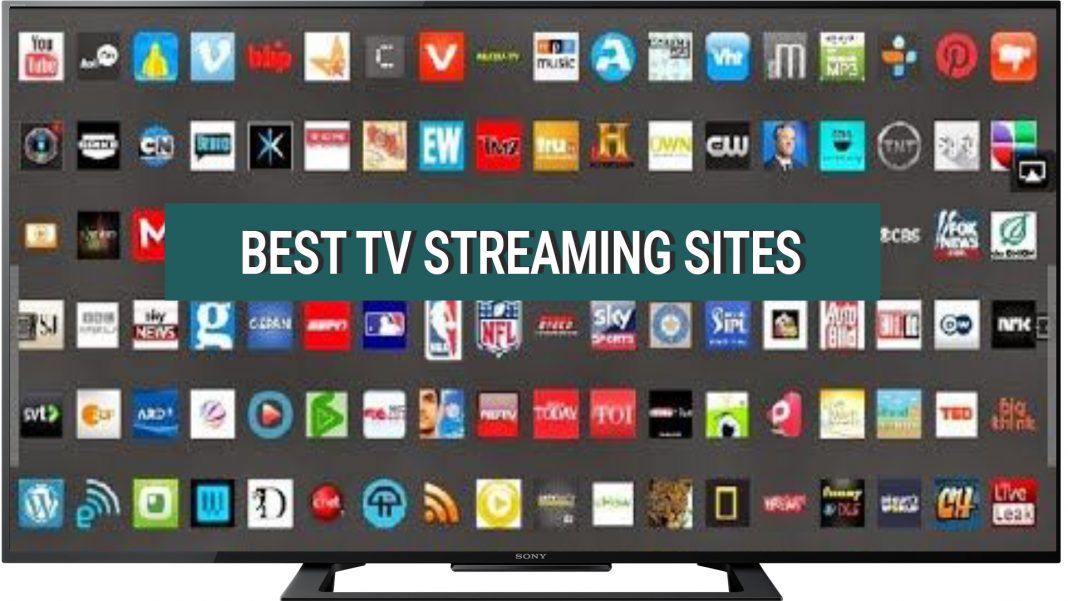Stream Dream: Unraveling the Future of Entertainment on Demand
Stream Dream: Unraveling the Future of Entertainment on Demand
Blog Article

In recent years, the way we consume entertainment has undergone a revolutionary transformation. Gone are the days when viewers would gather around their television sets to watch scheduled programming. Today, online streaming platforms dominate the landscape, providing an endless array of content at our fingertips. From binge-worthy series to live events and documentary films, the shift towards on-demand viewing has reshaped our entertainment habits and expectations.
As technology continues to advance, the possibilities for online streaming expand even further. Viewers can now access their favorite shows and movies anytime, anywhere, fostering a culture where convenience and choice reign supreme. This evolution is not only changing how we interact with media but also how creators produce and distribute content. The future of entertainment on demand promises to be as dynamic and diverse as the audiences it serves, inviting us all to explore uncharted territories in the world of streaming.
The Rise of Streaming Platforms
The evolution of technology has transformed how we consume entertainment, making online streaming a dominant force in the media landscape. With the advent of high-speed internet and advancements in mobile technology, streaming platforms have surged in popularity. Gone are the days of waiting for weekly episodes to air on television; now, viewers can access entire seasons of their favorite shows with just a few clicks. This shift has redefined viewing habits, enabling binge-watching and personalized content consumption.
https://youtvstart.com
Major players in the streaming industry, such as Netflix, Hulu, and Amazon Prime Video, have set the standard for exclusive content and user-friendly interfaces. These platforms have not only invested heavily in their original programming but have also accrued vast libraries of movies and TV series from various genres. As a result, they have created a fiercely competitive environment, spurring both innovation and adaptation among traditional media companies. The desire for on-demand content has led to the emergence of numerous niche platforms catering to specific interests, further expanding the streaming ecosystem.
Consumers have embraced this paradigm shift, attracted by the flexibility and variety that streaming offers. Watching from any device, at any time, has become a norm rather than an exception. This accessibility has also democratized content, giving rise to independent filmmakers and smaller studios who can distribute their work directly to audiences without relying on traditional distribution channels. As more individuals turn to streaming as their primary source of entertainment, the landscape continues to evolve, hinting at a dynamic future for the industry.
Impact on Traditional Media
The rise of online streaming has significantly altered the landscape of traditional media. Viewers have shifted their preferences from scheduled programming on television to the flexibility that streaming services offer. With the option to watch content on demand, audiences are no longer bound by the limitations of cable or satellite schedules. This shift has led to declining viewership for traditional networks, as consumers increasingly prefer binge-watching entire seasons of shows rather than waiting for weekly episodes.
Moreover, streaming platforms have expanded the variety of content available, often producing original programming that rivals or surpasses traditional media offerings in quality. These platforms are investing heavily in exclusive series and films, attracting top-tier talent and creators. As a result, traditional media outlets are pressured to adapt their strategies, leading to an increase in collaborations with streaming services and the development of their own on-demand platforms to retain audiences.
The financial implications of this shift are also profound. Traditional media companies, heavily reliant on advertising revenue and subscription fees, face challenges as audiences migrate to the ad-free or subscription-based models offered by streaming giants. This has compelled traditional broadcasters to rethink their business models, experimenting with new pricing strategies and seeking innovative ways to engage viewers, ultimately reshaping the entire media industry.
Future Trends in On-Demand Content
The future of online streaming is poised for significant transformation, driven by technological advancements and changing consumer preferences. As more users embrace streaming services, we can expect an increase in the availability of high-quality content. This includes not only traditional movies and television series but also immersive experiences like virtual reality and augmented reality programming. The integration of these technologies will create more interactive and engaging content that blurs the lines between viewer and participant.
Another key trend is the rise of personalized content. Streaming platforms are becoming increasingly adept at utilizing data analytics to tailor recommendations that suit individual viewer tastes. This personalization extends beyond just recommendations; it includes the possibility of creating custom playlists and even personalized shows based on user preferences. Such advancements will enhance user engagement and loyalty, as viewers are more likely to return to platforms that consistently cater to their unique interests.
Moreover, the competition among streaming services will intensify, prompting platforms to explore innovative ways to attract subscribers. With more players entering the market, we may see an increase in diverse content offerings, exclusive live events, and unique streaming formats that challenge conventional viewing methods. This competition will lead to a richer ecosystem where consumers benefit from greater choices, bundled services, and enhanced viewing experiences, paving the way for a dynamic future in on-demand content.
Report this page